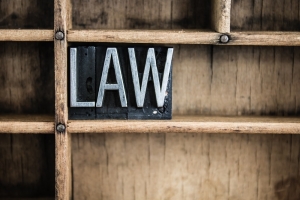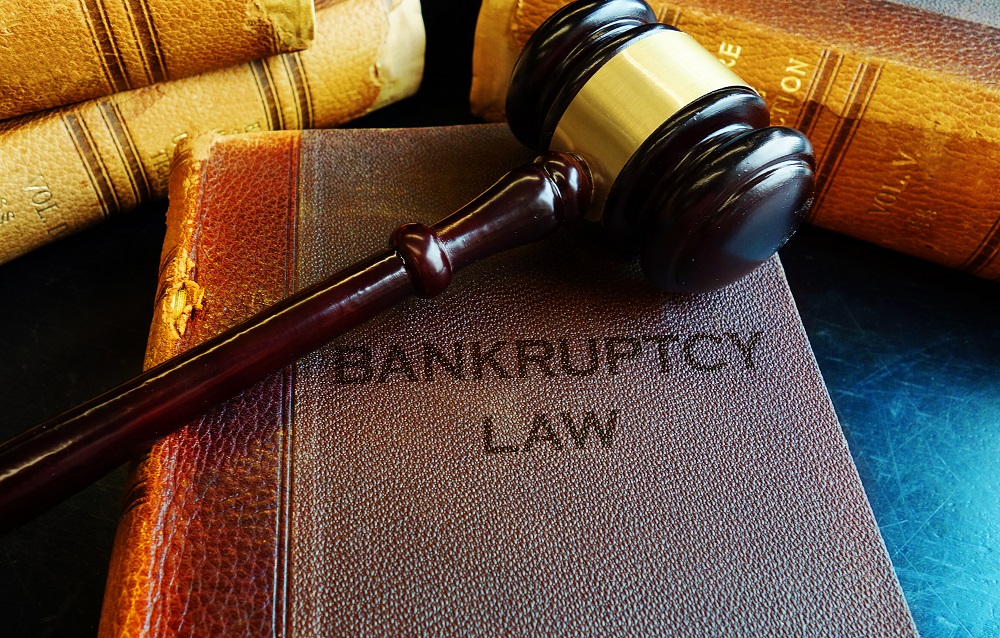Arizona Bankruptcy Laws Chapter 7
 Chapter 7 bankruptcy is one of the most common types of bankruptcies. This blogpost will explain certain key points that an individual should know before deciding to file in Arizona court.
Chapter 7 bankruptcy is one of the most common types of bankruptcies. This blogpost will explain certain key points that an individual should know before deciding to file in Arizona court.
“Fresh Start” or “Do-over” are a couple of terms that generally pop up when the term Chapter 7 arises. Chapter 7 is called a liquidation. The Bankruptcy Court will liquidate assets to satisfy debts.
Overview
Filing Chapter 7 allows a person to discharge debts, keep assets that are exempt, and continue to pay on certain secured debts that the debtor wants to keep, like a house or car. A debtor will turn over any non-exempt assets to the Bankruptcy trustee. Chapter 7 focuses on unsecured debts. Secured debts like a house and a car that a person wants to keep, must continue to remain current. A Chapter 7 bankruptcy will not let you keep the assets if you are not going to remain current.
Who Can File
An Arizona permanent resident may file for Chapter 7 bankruptcy Arizona courts. To be a permanent resident, you must have lived in Arizona for at least half of the last 180 days (or 91 days) in order to file.
Exempt Property
Exempt property in Chapter 7 is things that you can keep. Filing for Chapter 7 Bankruptcy triggers the Bankruptcy Trustee to take all non-exempt property and then sell it to satisfy creditors.
A home and the land on which the home resides may be exempted up to $150,000. Personal property including household furniture, household goods, consumer electronic devices, and appliances may be exempted up to $6,000. A couple may double all personal property exemptions, meaning a couple could exempt personal property up to $12,000.
All food, fuel, and provisions for the debtor’s individual or family use to last up to six months can be exempted. Musical instruments may be exempted for total fair market value but not greater than $400.
These are just a few examples of exemptions. A full list can be found here.
Secured v. Unsecured Debts
Bankruptcy will require a debtor to list both secure and unsecured debts. Unsecured debts include personal loans, credit card debt, vehicle leases, and medical bills. Secured debts include mortgages, car loans, and loans from finance companies.
When a debtor files for Chapter 7, the debtor will have to choose to affirm to continue to pay the secured debts or to surrender the secured items to creditors. If a debtor surrenders secured property, the secured creditor is prevented from suing a debtor or trying to collect money.
The Means Test
The Means Test is a test the bankruptcy court will use to determine if a person can file for Chapter 7 bankruptcy. It is a formula that is established by Congress. The test will determine if a person has enough income currently to pay expenses allowed, plus any extra money to pay unsecured creditors.
If a person’s debt is 51% or more related to business obligations, than the debtor does not have to go through the means test. A person must calculate their current monthly income. This includes income from a spouse or help from family or friends. The allowed living expenses and payment of secured and priority debts are subtracted from the total income to equal a monthly disposable income This monthly disposable income can be used to pay unsecured debts.
The means test can be complicated. It is advantageous for a debtor to hire an attorney so that the attorney can run a test before filing for bankruptcy, ensuring that the debtor is eligible to file in Arizona.
Click here for information on bankruptcy dismissal vs discharge in Arizona.



